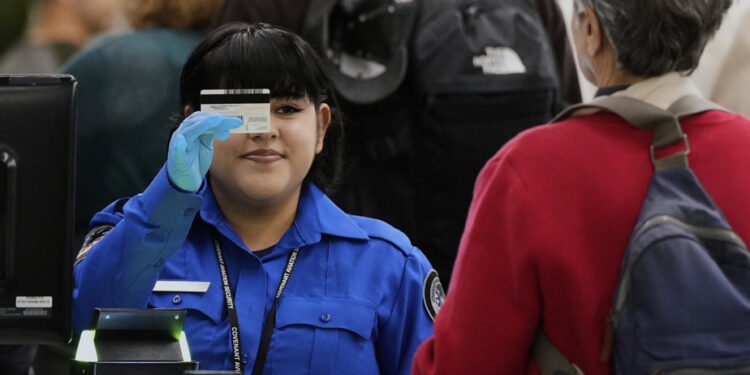(Washington) The United States is planning to extend restrictive measures on the entry of foreign nationals into American territory, which already concern about twenty countries, at 36 other, mainly African, according to an internal document in the State Department that AFP has been able to authenticate.
President Donald Trump announced in early June the ban on the territory to nationals of twelve countries, mainly in Africa and the Middle East. Are targeted in Afghanistan, Burma, Chad, Congo-Brazzaville, Equatorial Guinea, Eritrea, Haiti, Iran, Libya, Somalia, Sudan and Yemen.
Those of seven other countries – Burundi, Cuba, Laos, Sierra Leone, Togo, Turkmenistan and Venezuela – are affected by restrictions in the issuance of visas.
The American president justified these measures, which came into force on June 9, by the need to “protect the United States against foreign terrorists and other national security threats”.
But according to the internal document, signed by Secretary of State Marco Rubio and revealed by the Washington Postthese measures could be extended to 36 other countries, which are granted a period of 60 days to comply with American requirements.
Among the new countries concerned are still mainly African countries including Egypt, but also Syria and Cambodia.
Asked about this on Monday, a spokesperson for the State Department refused to “comment on deliberations or internal communications, but we constantly reassess our policies in order to guarantee the safety of the Americans and to ensure that foreign nationals respect our laws”.
Since his return to power in January, the American president pursues a very restrictive anti-immigration policy. He notably motivated the registration of the countries concerned on this list by the absence of effective administrations to ensure control of travelers.
Exceptions are nevertheless provided for holders of certain visas and for people whose trip to the United States “serves national interest”.
If this came into force, almost one in five people around the world would live in a country targeted by partial or complete travel restrictions, or 18 % of the world’s population.
During his first mandate in 2017, Donald Trump had taken a similar decree mainly targeting Muslim countries.



